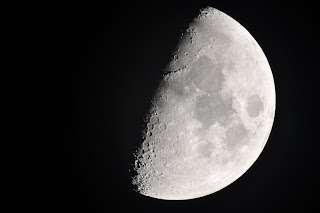I recently finished reading, God Is Back: How the Global Revival of Faith Is Changing the World , by John Micklethwait, Adrian Wooldridge. One of the authors is a Catholic and the other an atheist. Micklethwait is editor-in-chief of The Economist and Wooldridge is head of that periodical’s Washington desk. The book is a study of the relationship between modernity and religion. According to the authors, there are two main models for the future of this relationship -- which takes on added importance given the modernizing of India, China, S. America and parts of Africa. One is American the other is European. In the European one, modernity has crushed religion. Europe is highly and aggressively secularized. Religion may be tolerated as a very private affair, but is viewed with suspicion, its demise anticipated, and has no place in the broader culture (and especially not in politics). In America, on the other hand, religion and modernity not only co-exist, they are interrelated, bestowin...
